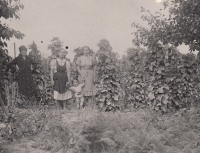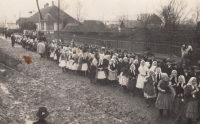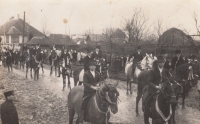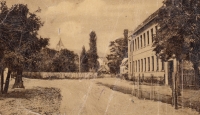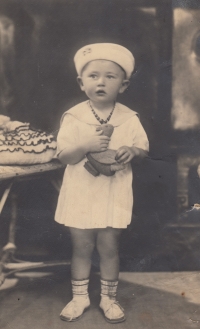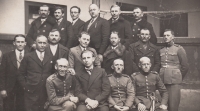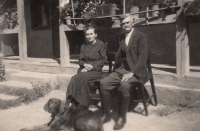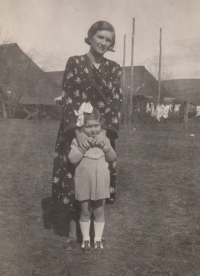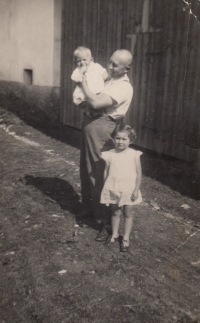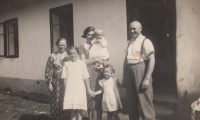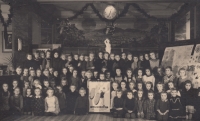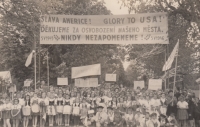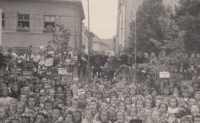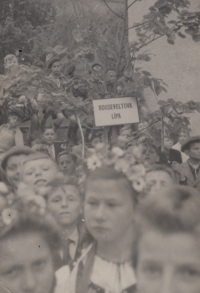We thought the world would still be so beautiful
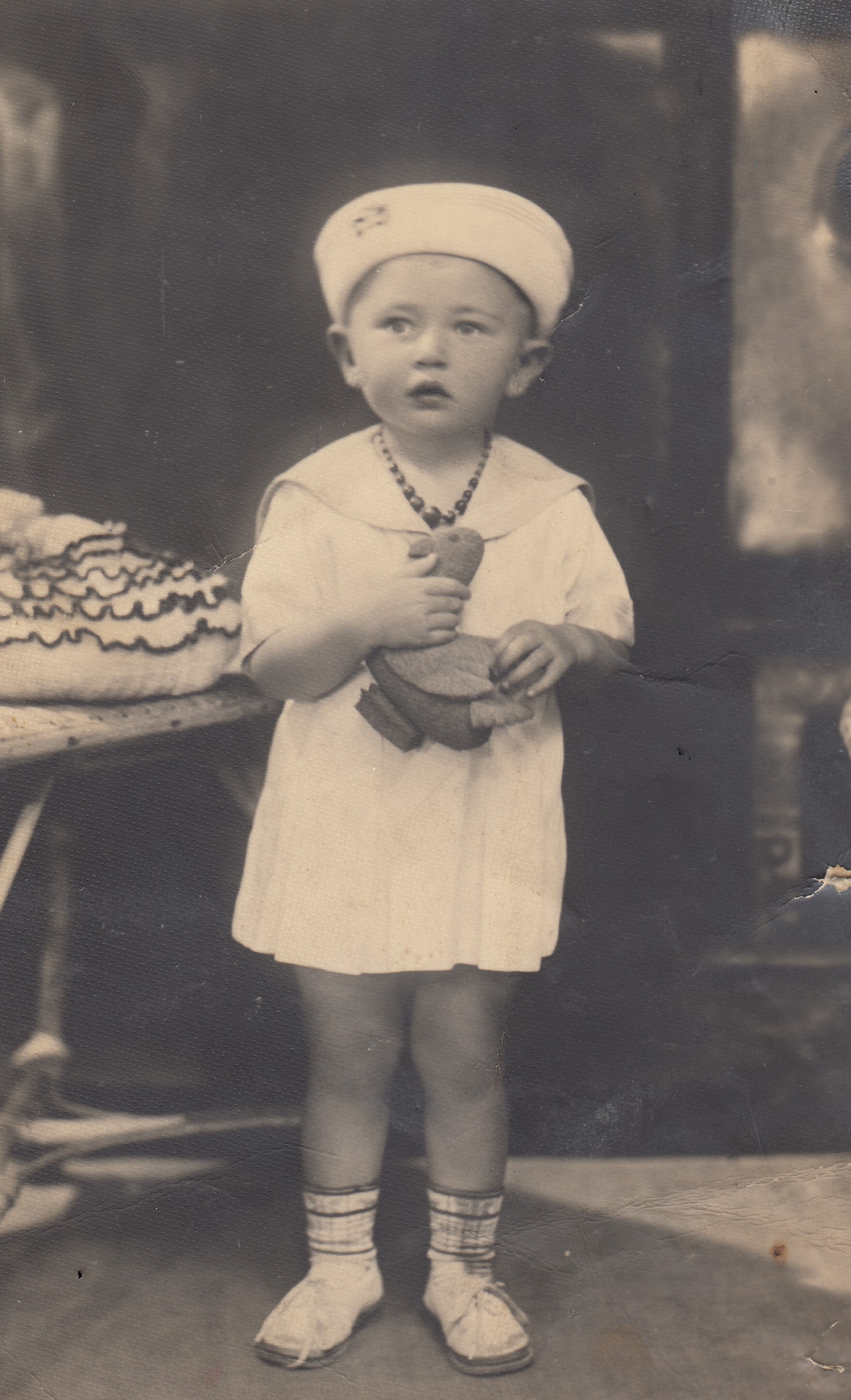
Download image
Božena Chrobáková, née. Veselková, born on 11 May 1935 in the village of Velká Dobroň in Subcarpathian Rus. Her father was Czech, her mother Hungarian. When she was four years old, shortly after Subcarpathian Rus fell under Hungarian rule, she and her parents had to move quickly to Czech. There they settled in the West Bohemian town of Sušice, where her father got a job. They stayed in an apartment rented by the Jewish Gutmann family. Her father hid food from them, which put him, his wife and children in danger. They soon witnessed the transport of the Gutmanns to a concentration camp. Božena Chrobáková, despite her young age, intensely perceived the events of the war and was afraid of the Germans. She was also a victim of bullying by a German boy who slapped her out of boredom. She was never able to return to Subcarpathian Rus with her family, despite the fact that everyone wanted her to. Her father, Václav Veselka, joined the Communist Party after the war, but after two years, having seen the practices there, he resigned, which became a stigma for him and his children. After graduating from high school, the witness studied teaching and worked as a teacher all her life. In 2024, she was living in Lipnik nad Bečvou as one of the oldest residents of that village.

